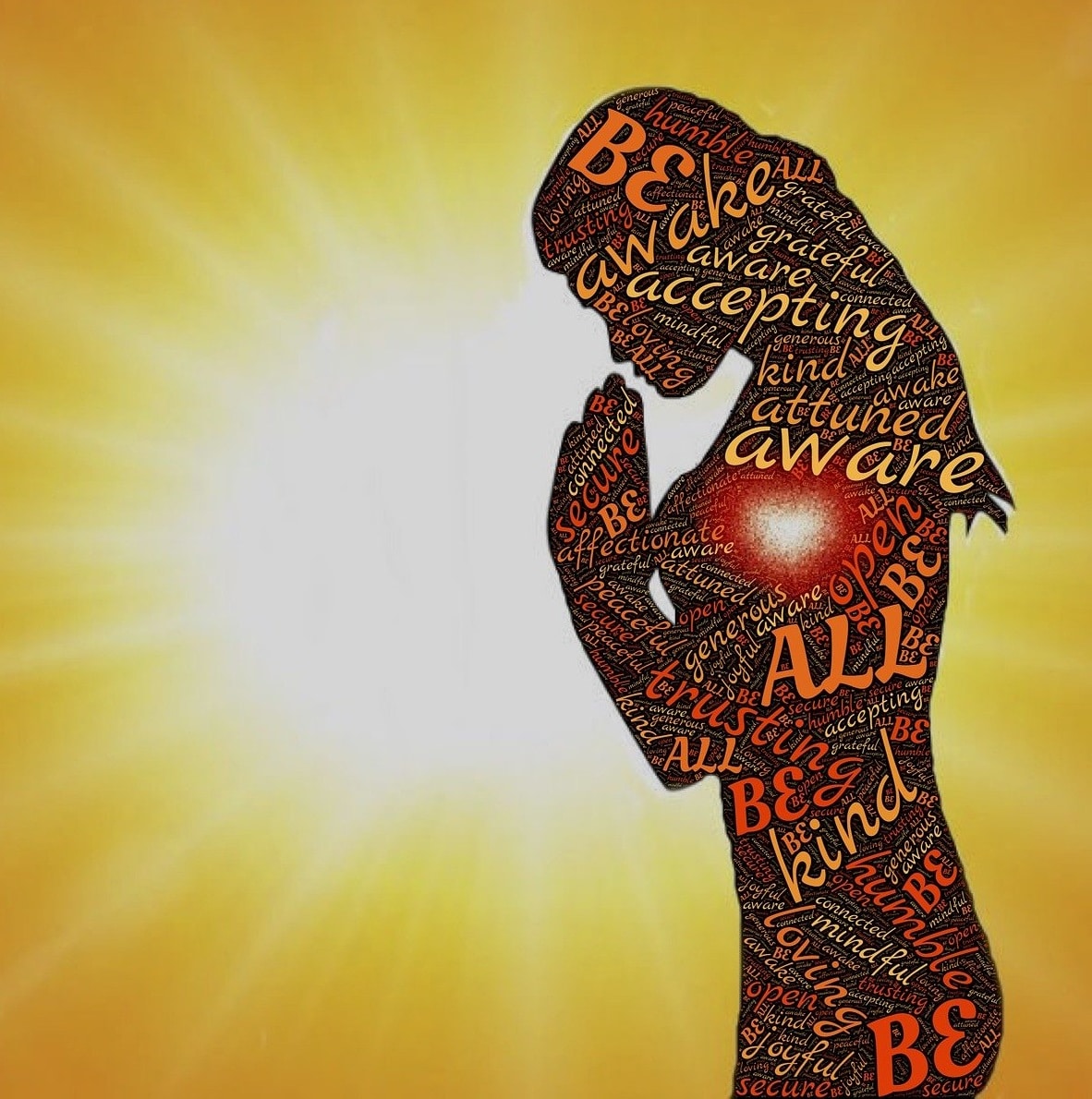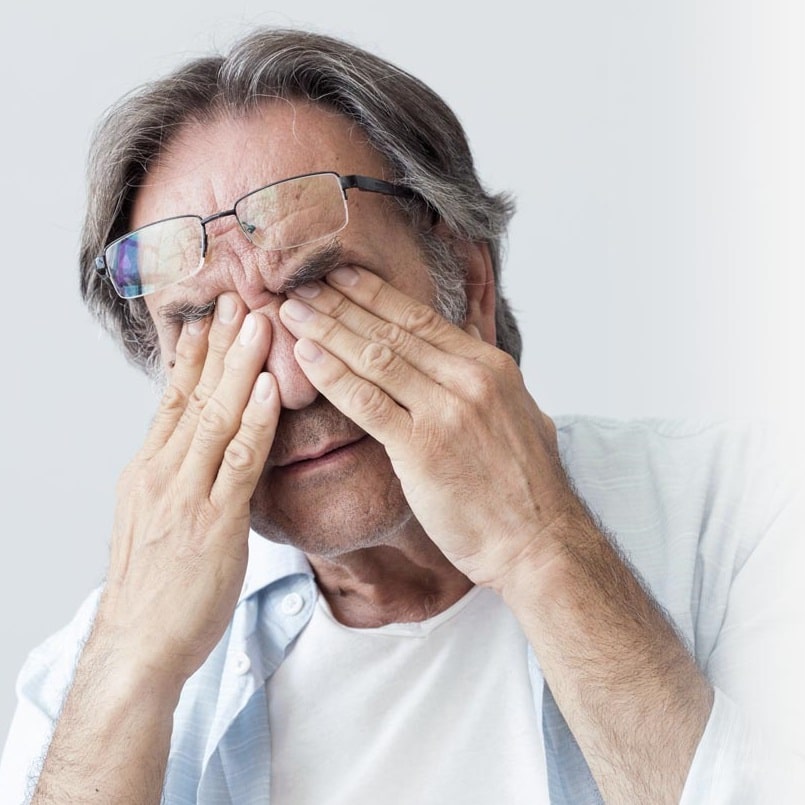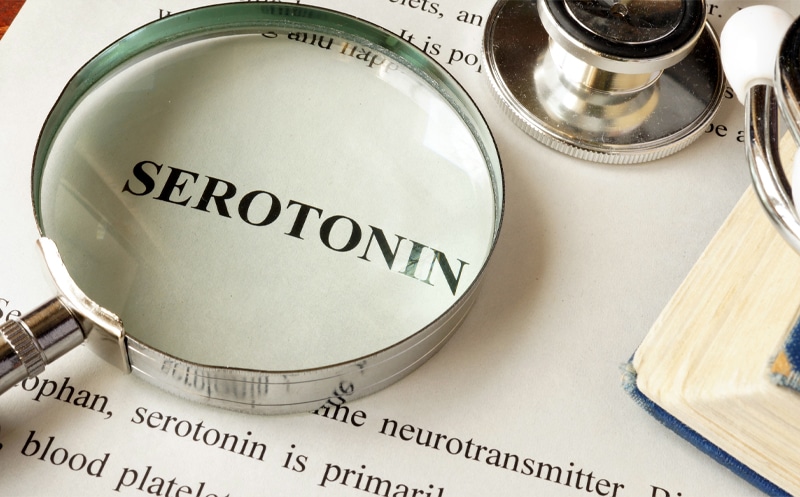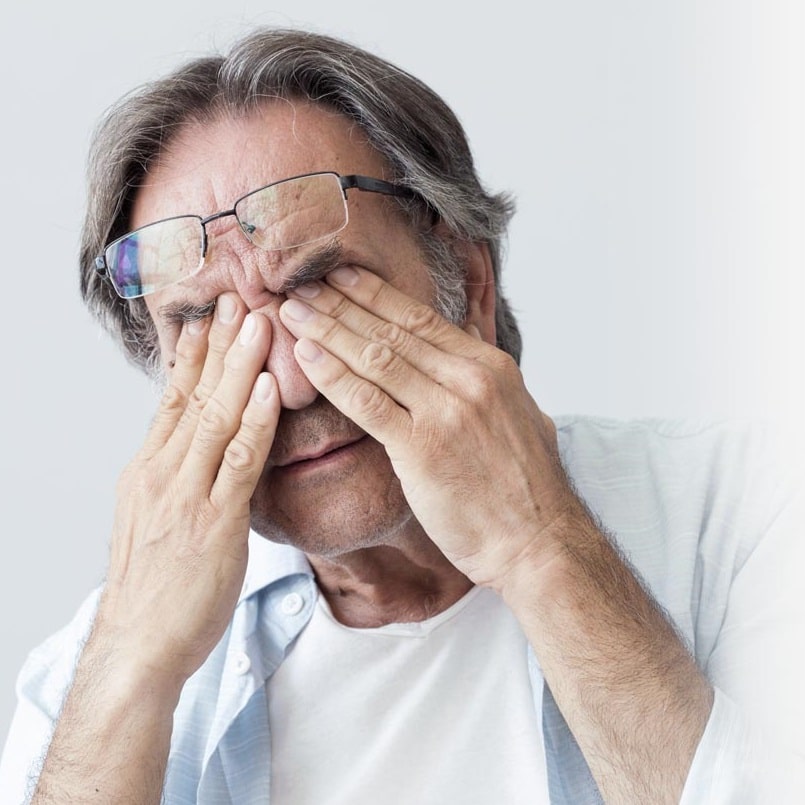More than 18 percent (40 million) American adults have an anxiety disorder. An anxiety disorder means a person experiences extreme worry or fear. This psychiatric disorder includes panic disorder/panic attacks, generalized anxiety disorder, phobias, social anxiety disorder, separation anxiety, and selective mutism.
Anxiety is the body and mind’s reaction to a dangerous, stressful, or unfamiliar situation. Anxiety disorders cause fear of a real or perceived threat or worry about future threats. These feelings can cause a number of physical and psychological symptoms. Let’s take a look at the six most common symptoms of anxiety disorder.
Common Symptoms of Anxiety Disorder and Depression
Excess Worry

One of the most common symptoms of anxiety is excess worry. The amount of worry is disproportionate to the event that triggered it. Excess worry must occur on most days for a period of at least six months, and the worry must be difficult to control. You may have difficulty concentrating or accomplishing your daily tasks because the worry is intrusive and severe. Cognitive-behavioral therapy, journaling, and meditation can help decrease your worry and anxiety.
Restlessness
Another symptom of anxiety is restlessness. Restlessness is described as the urge to move or feeling on edge. Restlessness is often experienced by teens and children. In fact, as many as three quarters of all pediatric patients diagnosed with anxiety report that they experience restlessness with their anxiety. If you experience restlessness for a period of six months or longer, contact your doctor. Although restlessness alone cannot diagnose anxiety, it is a symptom often experienced with anxiety.
Fatigue
Individuals with anxiety often experience fatigue and will not feel rested after a good nights sleep or a nap. With the body in a continual flight or fight mode, the adrenal glands continually make stress hormones, including adrenaline and cortisol. Because anxiety causes excess worry and restlessness, the body and mind can tire easily, resulting in fatigue. A multivitamin and mineral supplement, rest, and a healthy diet can help improve overall health and in turn reduce anxiety and fatigue levels.
Concentration Issues
Generalized anxiety disorder (GAD) can cause concentration difficulties. It can interrupt the ability to hold on to short term memories and information, which may be why many people experience a decrease in performance. It is vital that you talk with your doctor about your concentration difficulties because it can be a sign of other medical or psychological issues. If your concentration difficulties are due to GAD, your concentration will improve as your anxiety lessens.
Muscle Tension
Anxiety causes muscle tension. Progressive muscle relaxation therapy can help to reduce worry and reduce muscle tension in those suffering from GAD as can certain minerals and supplements.
Sleep Issues
Anxiety sufferers often experience sleep difficulties, including insomnia. Although there is a strong link between anxiety and insomnia, it is unclear whether insomnia worsens anxiety, anxiety worsens insomnia or both. Practicing good sleep habits can help reduce insomnia and may help to reduce your anxiety. Good sleep habits include having a set bedtime, getting up at the same time each day, and limiting computer, cellphone, and tablet usage in the evening.

There are many natural ways you can reduce the symptoms of anxiety and get to feeling better. The first step is to eat a healthy diet filled with fruits and vegetables, lean proteins, and whole grains. Also consuming more fermented foods and taking a probiotic supplement will improve the health of your gastrointestinal health and keep your hormone levels balanced. The gut and brain are directly connected so keeping the digestive tract in working order will in turn allow for better mood balance.
You may be tempted to turn to alcohol, illegal drugs, or tobacco when you are anxious; however, these substances can actually worsen your symptoms. Instead, try getting regular exercise like yoga and tai chi which will reduce symptoms and improve your overall health.
Our holistic physicians specialize in treating the body, mind, and spirit as one. You can depend on them to get the help you need to overcome your anxiety and reduce the symptoms of Generalized Anxiety Disorder or GAD.






















